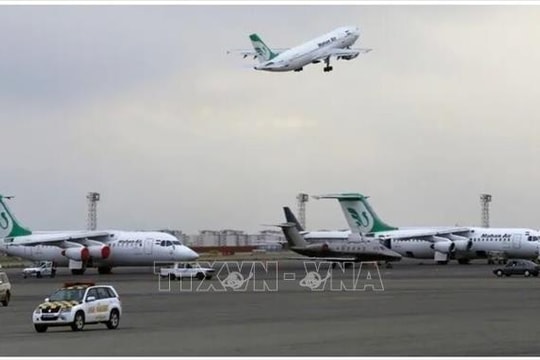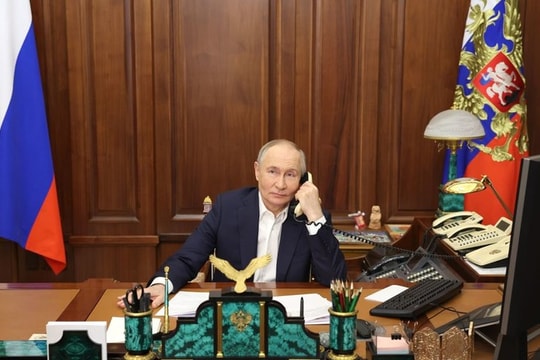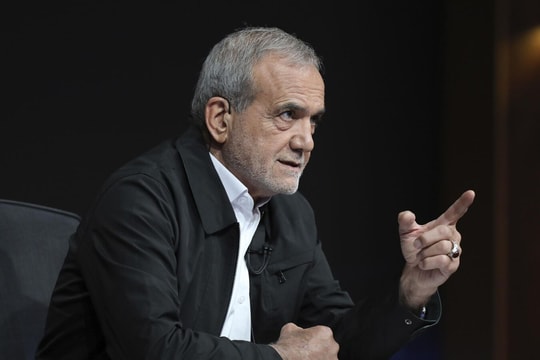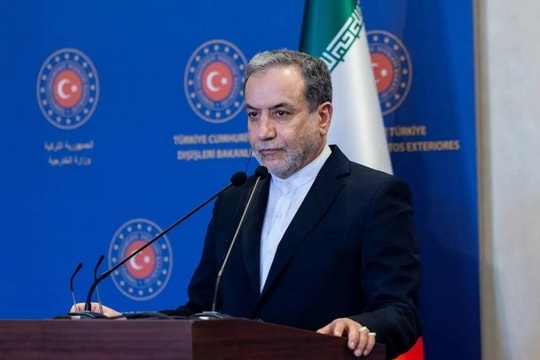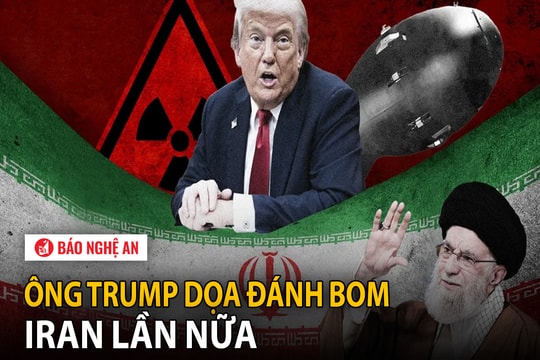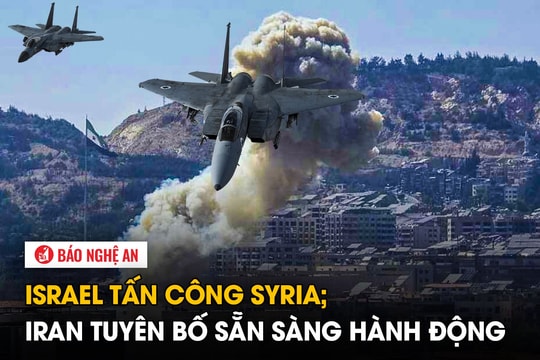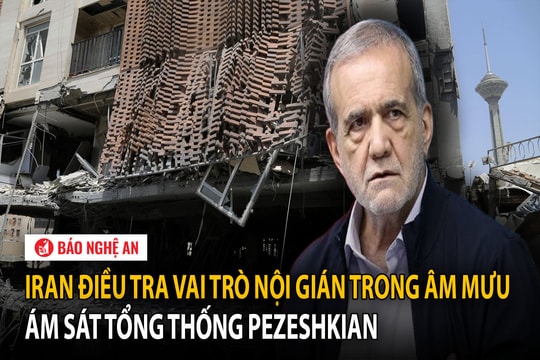The world last week: Unexpected turns
(Baonghean.vn) - The Iran nuclear deal that the US abandoned under the Donald Trump administration is at a crucial juncture as the US has agreed to participate in multilateral negotiations related to Iran chaired by the EU. Epidemiologists from the World Health Organization are trying to understand the origin of the SARS-CoV-2 outbreak in Wuhan (China), however, their work is not easy, and the investigation has unexpected developments. These are the highlights of the past week.
Restore the Iran Nuclear Deal
In a significant diplomatic move, the governmentPresident Joe Bidenhas agreed with European countries to be ready to sit down and negotiate with Iran to restore the Iran Nuclear Agreement (JCPOA).
“The US accepted an invitation from the high-level representative of the European Union (EU) to attend a meeting of the P5+1 and Iran to discuss a diplomatic solution to Iran's nuclear program.”
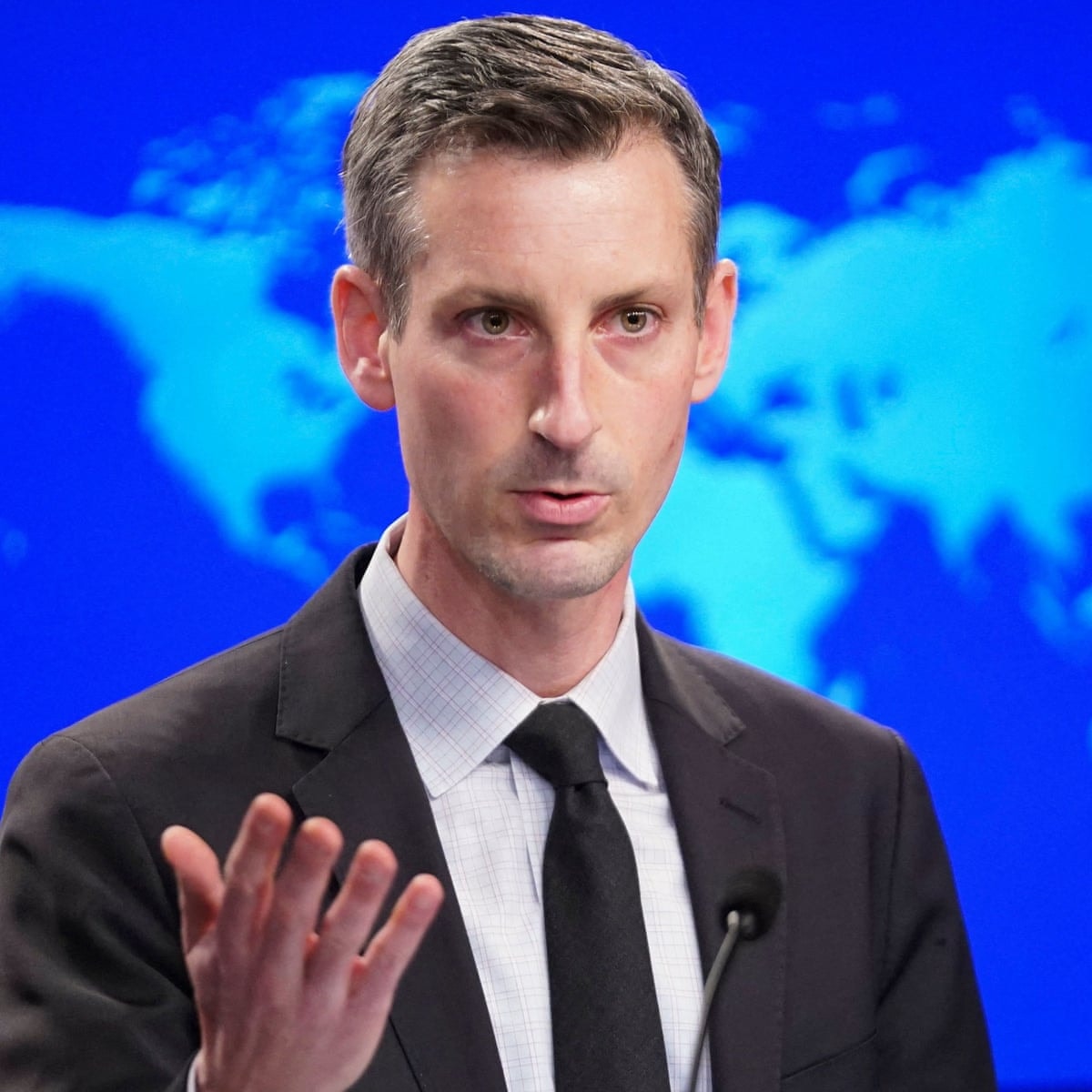 |
| US State Department spokesman Ned Price said the US accepted the EU's invitation to attend multilateral meetings on the Iran nuclear deal. Photo: The Guardian |
This is seen as a move to create the final diplomatic foundation in the hope of breaking the deadlock between Washington and Tehran, when both sides previously asserted that one side must act first. US officials have been careful to emphasize that they are ready to sit down with partners and Iran is not a concession or even the beginning of negotiations.nuclear negotiations. Instead, it is simply the first diplomatic step to find a way to start discussing the core issues. “Until we sit down and talk, nothing will happen. That doesn’t mean that when we sit down and talk, we will have success. But we understand that if we don’t do it, the situation will be worse. This is a significant step, but we recognize that it is just one of many things that will have to be done on all sides,” said a senior US diplomat.
Former President Donald Trump withdrew from the JCPOA in 2018 and imposed escalating sanctions on Iran. In response, Iran gradually abandoned the JCPOA's constraints on uranium enrichment and other nuclear activities. Since President Joe Biden took office, both the US and Iran have signaled their willingness to rejoin the deal, but the difference is who will make the first move.
The invitations for talks come at a time of heightened tensions, as Iran steps up its use of advanced centrifuges, begins producing small amounts of uranium (a metal essential for making warheads) and threatens to expel International Atomic Energy Agency monitors next week.
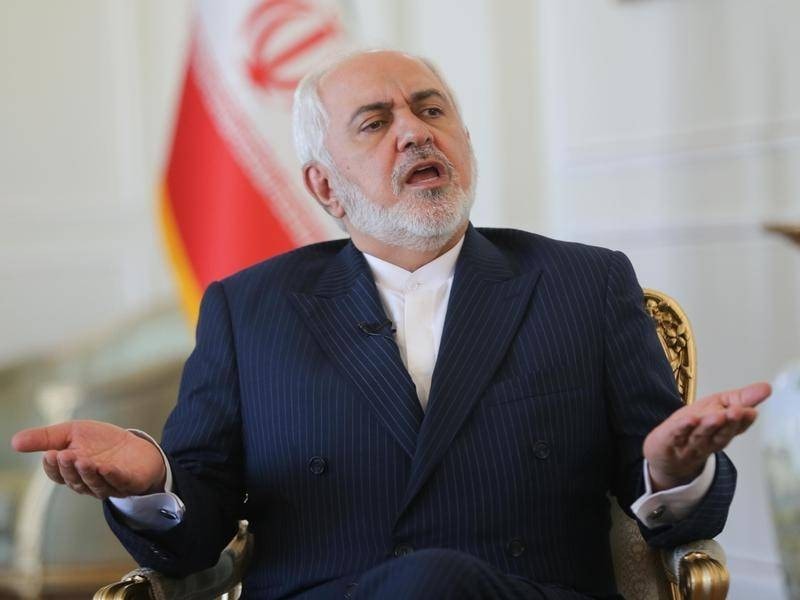 |
| Iran's foreign minister said that the country would immediately reverse its retaliatory measures if the US unconditionally lifted the sanctions imposed by former President Trump. Photo: Western Advocate |
It is still unclear whether Iran will accept the offer of negotiations because Tehran believes that the US is the first country to violate the terms of the deal and will only act after the US lifts sanctions and allows the country to sell oil and conduct banking activities around the world.
Meanwhile, President Biden affirmed that the US will only lift sanctions on Iran if the country returns to compliance with clear limits on nuclear production that it had complied with until 2019.
In addition to the above step, the US also announced easing restrictions on the travel of Iranian diplomats at the United Nations headquarters in New York City, which were imposed under the Donald Trump administration.
The timing and location of the talks will depend on the EU hosts, US officials said, warning that they are unlikely to lead to a quick breakthrough because “the United States will not solve the problem by assuming that only one side will take steps.” It will therefore take time for both the US and Iran to agree on what they define as “compliance.”
Unexpected developments
Two teams of scientists from WHO and China led the mission.tracing the origin of the pandemic, agreed to pursue some of the ideas the Chinese government was pushing, such as the possibility of the virus being transported via frozen food. However, the WHO team was frustrated by China's refusal to provide raw data on the first 174 Covid-19 cases in Wuhan in December 2019. Instead, Beijing provided only a summary of case information.
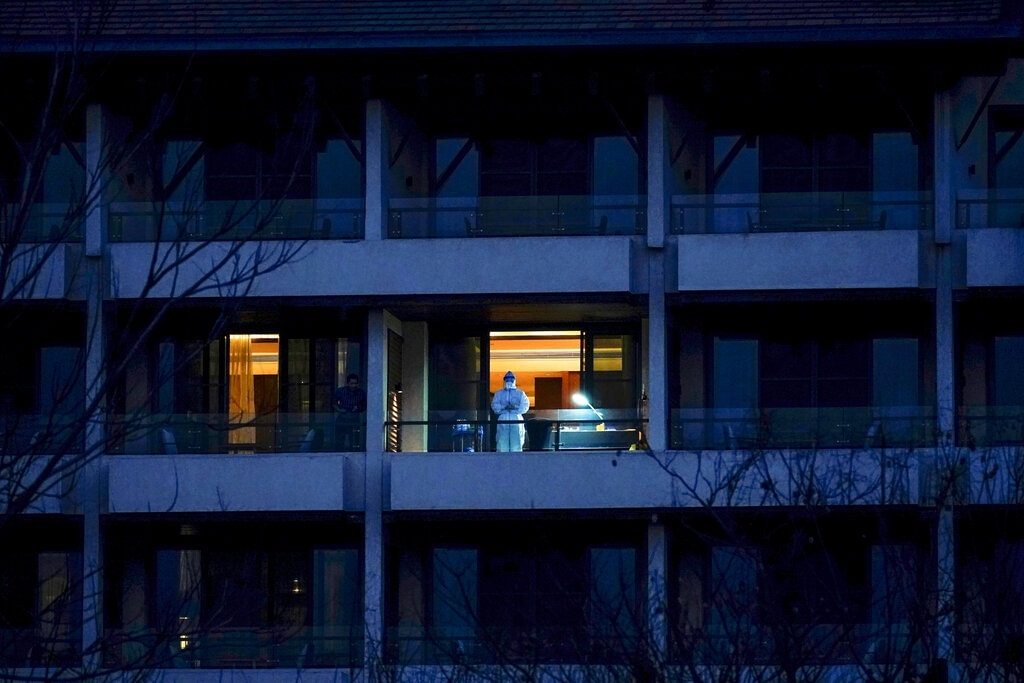 |
| A team of WHO experts is in Wuhan, China to investigate the origin of the SARS-CoV-2 virus. Photo: Reuters |
Experts on the WHO team said access to raw data was crucial because it was key to helping determine how, when and where the outbreak first emerged. The WHO has ruled out the possibility that the SARS-CoV-2 virus leaked from a lab in Wuhan. Although the mission has ended, scientists admit there is too little information to answer key questions.
Dr. Peter Daszak, a member of the WHO team, revealed that the investigation has provided some unexpected new clues, which all Chinese and international scientists agree that the investigation of the virus will no longer continue in Wuhan, but will move to the Southeast Asia region, because the virus originated from animals here.
Amid China’s reluctance to share raw data on the outbreak, a global “pandemic treaty” has been proposed to ensure greater transparency about future pandemics. The UK is one of the countries pushing for the treaty. The UK currently holds the rotating presidency of the Group of Seven (G7), and will use the G7 virtual summit to step up cooperation in responding to Covid-19 and building a post-pandemic recovery plan.
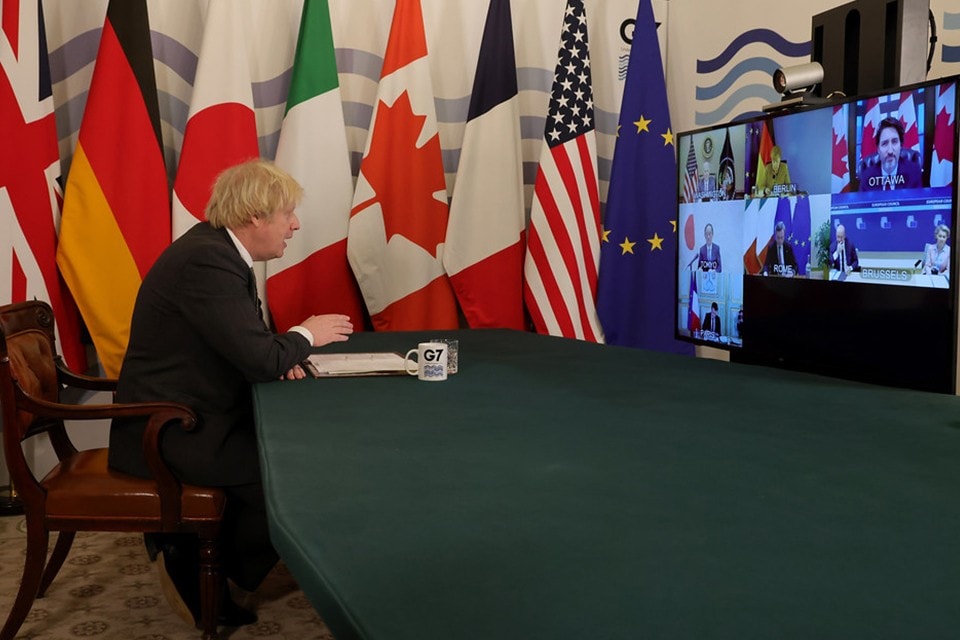 |
| British Prime Minister Boris Johnson chairs the G7 Summit. Photo: Gov.uk |
Prime Minister Boris Johnson has called for a new global approach to Covid-19 that draws on lessons from the early international response to the pandemic. The UK and G7 leaders have committed to a five-point plan that includes a network of animal disease research centres around the world, developing the capacity to manufacture therapeutic drugs andglobal vaccine, establish a global pandemic early warning system, improve transparent, responsible global information sharing on future health emergencies, and reduce trade barriers.
While scientists try to go back in time to find the origin of the Covid-19 epidemic, the virus continues to mutate. Researchers at the University of Edinburgh in the UK reported a new variant called E-484K that contains mutations that may be partially resistant to current vaccines. However, the good news is that scientists say manufacturers can develop new vaccines to combat this variant.

